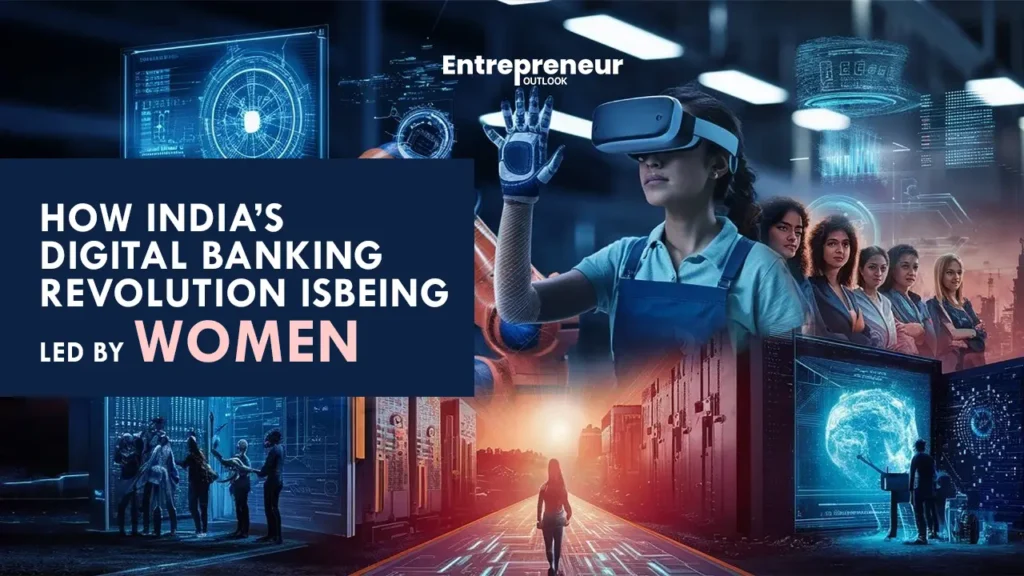By- Deepti Verma
The financial sector of India has experienced a complete transformation during the previous ten years. The combination of mobile applications with digital wallets and online banking services has made financial services both quicker and more accessible to everyone. At the heart of this revolution is not just technology, but leadership—and increasingly, it is women who are driving the change. Women leaders throughout India now direct both national banking institutions and fintech startups which transform the way people handle their money and investments.
Women Who Shaped the Path
The State Bank of India received its first female leader when Arundhati Bhattacharya took charge to lead the nation’s biggest bank into digital banking. SBI under her leadership introduced innovative mobile and internet banking solutions which enabled millions of people to access financial services through their digital devices.
Shikha Sharma used her position as Axis Bank CEO to drive digital transformation by building mobile banking capabilities and payment solutions for the tech-oriented younger generation.
Chanda Kochhar at ICICI Bank introduced customer-focused digital services which became the foundation for India’s cashless economy through early adoption of online platforms.
Pioneering Fintech Innovation
The fintech revolution has enabled women entrepreneurs to establish new business models which transform existing financial systems.
Upasana Taku co-founded Mobikwik to develop one of India’s top mobile wallets which brought digital payment solutions to both urban and rural areas.
Through her work at Kaleidofin Sucharita Mukherjee established a fintech platform which developed financial solutions for rural Indian women who lacked access to traditional banking services.
These leaders unite innovation with inclusivity to provide digital financial services for people who were previously cut off from traditional banking systems.
Financial Inclusion at Scale
The Pradhan Mantri Jan Dhan Yojana program has established more than 500 million bank accounts while women hold 55% of these new accounts. Rural women being aided by Digital banking to save money independently while obtaining loans with respect and operate their own businesses without needing cash transactions.
In advancing digital transformation Women leaders play a crucial role as they understand that financial access leads to personal freedom and self-sufficiency.
Leadership with Impact
These pathbreakers share a common goal: to make finance accessible, trustworthy, and inclusive. Their life stories demonstrate their ability to face obstacles while thinking ahead to break down established obstacles. Through their combination of technological expertise and emotional understanding these leaders develop financial systems which benefit both city workers and rural families.
Conclusion
India’s digital banking revolution is more than a technological shift—it is a social transformation led by women. Arundhati Bhattacharya and Shikha Sharma and Upasana Taku and Sucharita Mukherjee are the examples that the financial sector achieves its greatest strength through inclusion of these women leaders.
Their legacy is clear: when women lead, they do not just change institutions—they change lives.
Must Read:



